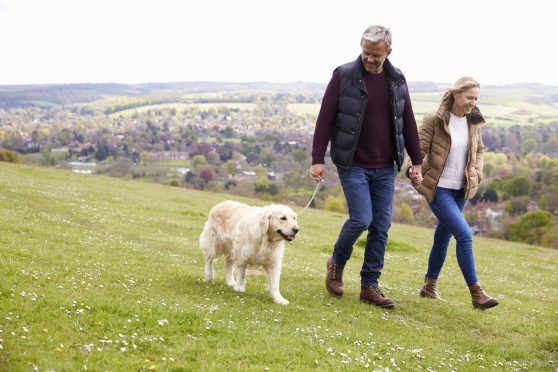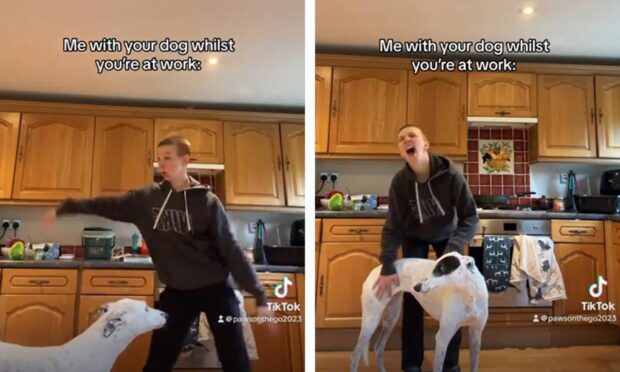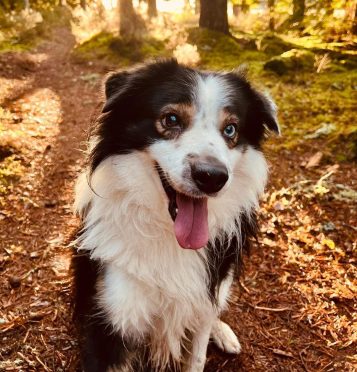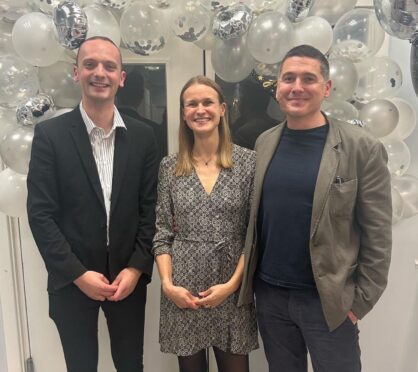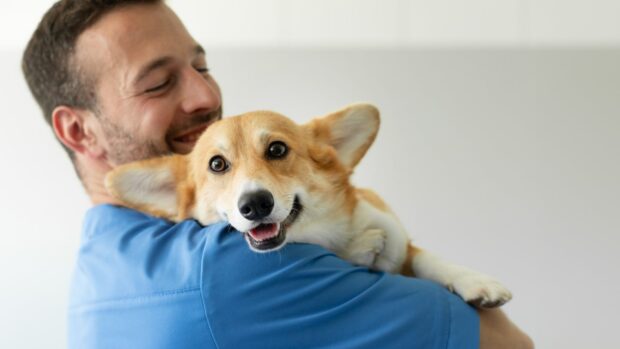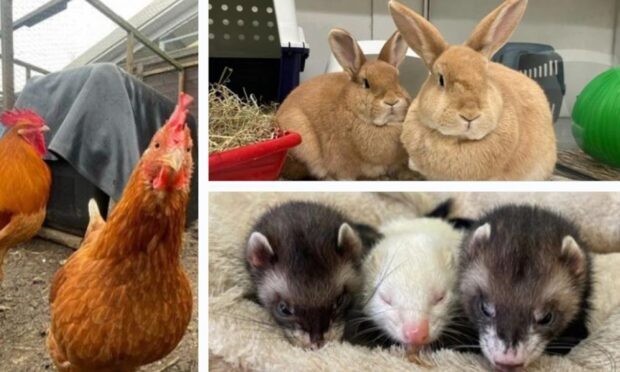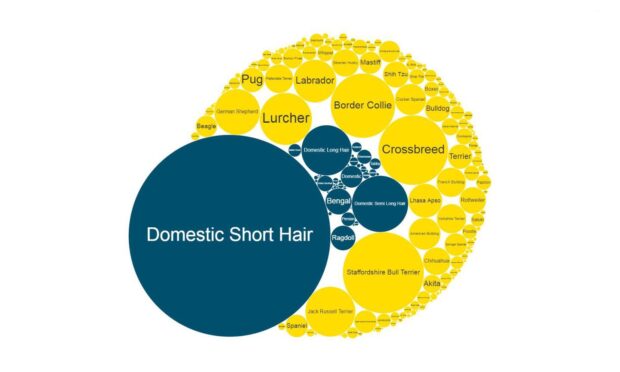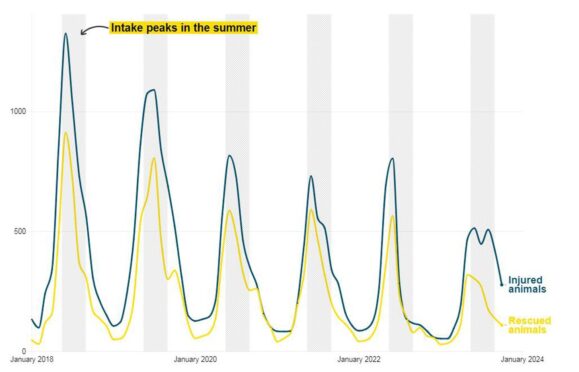This month is National Pet Month which aims to promote responsible pet ownership and raise awareness of the benefits of living with pets.
Did you know studies have suggested that pet owners are happier, have higher self-esteem and are less lonely than non-pet owners?
Here we’ve outlined some of the ways pets can positively impact our mental health:
Encourages us to socialise
Taking your dog for a walk is a great opportunity to socialise – you might find other dog walkers engaging in conversation whilst the dogs play together.
Do you go to the same park every day or walk the same route? Then, it’s likely you will be bumping into the same dog walkers, which gives you an opportunity to have a chat and get to know people.
Puppy classes and dog training groups also give you a chance to socialise with people who you have a shared interest with. Social interaction boosts our mental health and can even reduce stress and depression.
Helps reduce loneliness
As well as encouraging us to socialise with other people, pets also offer their owners companionship which can make us feel happier and reduce feelings of loneliness, boosting our overall mood.
Pets are regarded as affectionate companions, offering unconditional love, and having a dog cuddle up to you or a cat purr on your lap can give a huge amount of comfort.
Studies have shown that our brains release oxytocin, the love chemical, when pets offer us affection. Oxytocin reduces stress and anxiety whilst increasing our feelings of trust, relaxation and bonding.
Do you ever talk to your pet? You’re not alone. A recent study showed that 40% of dog owners share their secrets with their dog. Do you have a job interview you need to prepare for? Recently broken up with a partner and need to get it all off your chest?
Pets can make us feel as though we have emotional support. Anxiety can be reduced simply by talking about something you’re feeling stressed about, even though your pet doesn’t understand what you’re saying.
Acts as our own personal trainer
Pets encourage us to become more active, especially if you are a dog owner. Your dog will need multiple walks a day, which means you’ll be getting daily exercise. Exercise is known to release feel-good endorphins in the brain, boosting our mental health whilst keeping us fit and healthy.
Pets also need mental stimulation at home, whether it’s playing fetch with your dog, bouncing a ball for your cat, or looking for the hamster roaming the room in its exercise ball. This keeps us moving at home instead of sitting on the sofa watching the TV.
Gives us responsibility
Pets rely on us and their welfare is our responsibility – if we don’t get out of bed in the morning then our pet doesn’t eat.
Owning and caring for a pet gives us a purpose in life and something to focus on, which can distract us from any negative feelings we may have.
It also provides us with a daily routine to follow which gives our lives structure and boosts our mental health by reducing anxiety and encouraging us to sleep better.
Owning a pet is a huge responsibility, but the love and companionship they offer can have a profound impact on our mental health and overall well-being. After all, there’s a reason dogs are known as ‘man’s best friend.’
